 Steel Magnolias
Steel Magnolias(1989)
Starring
Sally Field, Dolly Parton, Shirley masculine, Daryl Hannah, Olympia Dukakis, and Julia Roberts
Also Starring
Dylan McDermmott, Tom Skerritt, and Sam Shepard
Every woman should see this movie, no matter what age. The best cast, the best story, the best characters. It is Julia Roberts coming out party, but hardly a Julia vehicle, it never gets old and you will never forget it.
The movie is written by and based on the screenplay by Robert Harling, who wrote the play after his sister died during childbirth from complications due to diabetes. It was filmed in the writers hometown using houses that were donated by the townspeople for the filming. The directors commentary features excellent notes on the filming, like all the clothes were purchased in thrift stores in the town, and all of the extras in the movie are local townspeople. Additionally, the nurses that care for Shelby are the same nurses that took care of the writer's sister before her death.
Steel Magnolias is the story of a diabetic woman, Shelby, who is at a turning point in her life, is ready to begin a life of her own and start a family. While the movie focuses brilliantly on the changing dynamics between Shelby and her mother (Sally Field), Steel Magnolias is a film with its heart solidly planted in the the South and the women who live there. It is a movie about all generations struggling to maintain the gentile nature of a Southern Belle while adjusting and growing into the modern, independent woman.
Shirley MacClaine and Olympia Dukakis almost steal the movie. The stellar supporting cast creates not only some of the most memorable humor, but there is also a depth in characters and their relationships that creates a sense of warmth and compassion. It sucks you in and takes you safely through this journey of southern life, at it's highest and lowest. The title really says it all: even the most beautiful and delicate of flowers can, with the support of loyal friends, be made of steel.
View the trailer

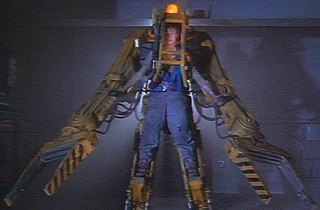
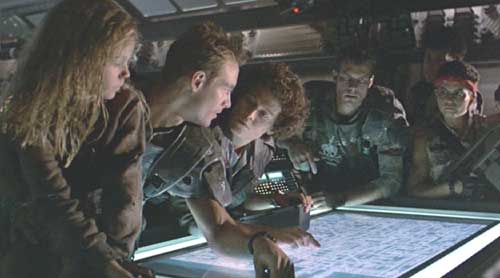
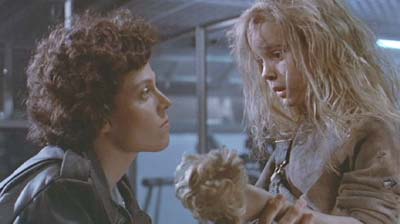
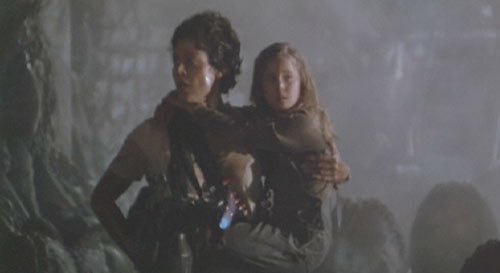
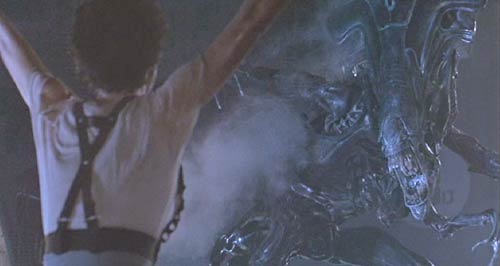
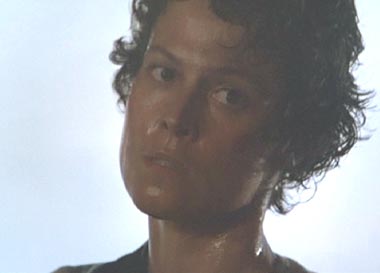
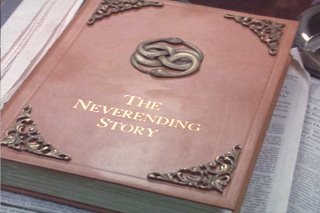
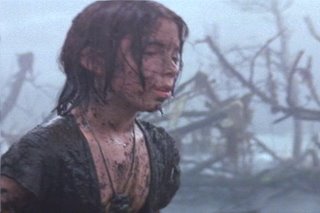
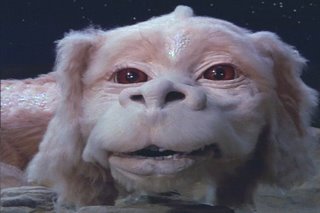
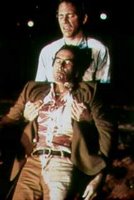
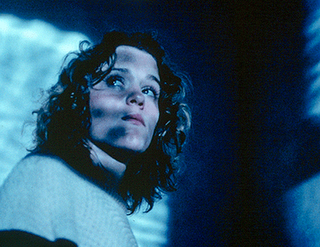



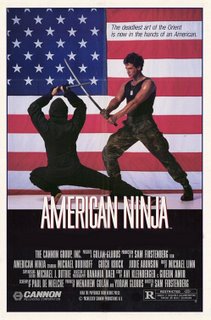
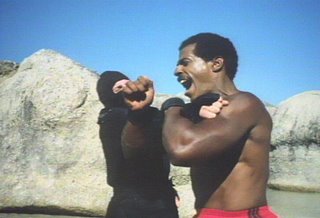
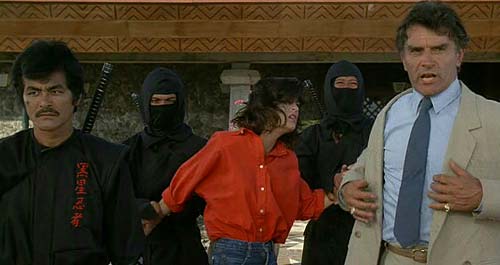
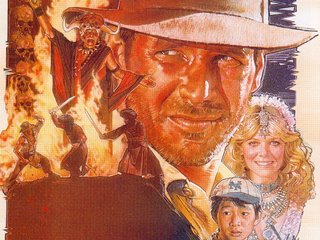
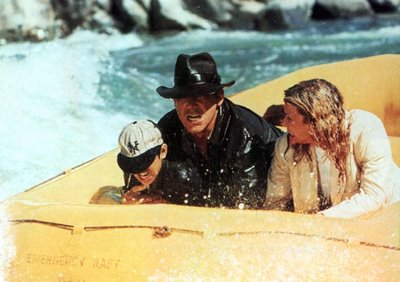
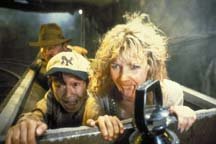




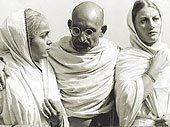
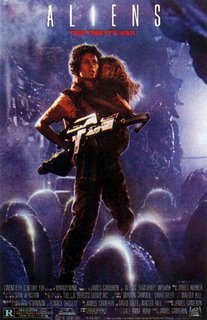

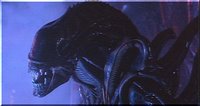
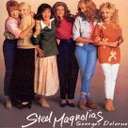

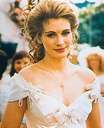
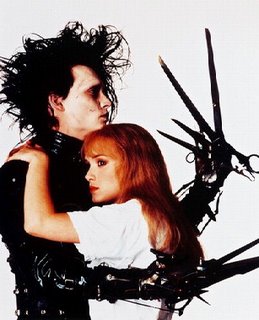
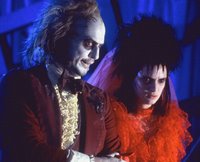
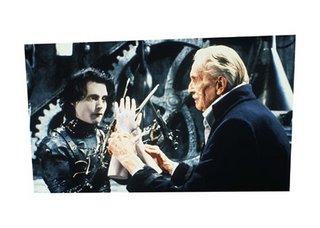

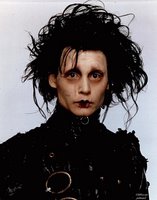

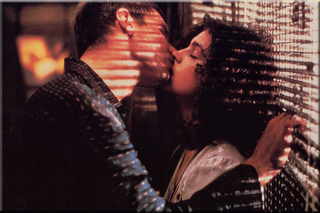
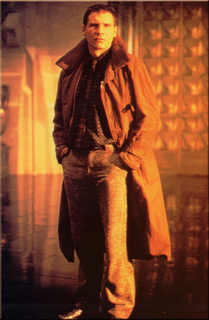



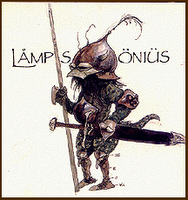


 and Dabney Coleman in dual roles as Davey's father Hal and imaginary hero Jack Flack.
and Dabney Coleman in dual roles as Davey's father Hal and imaginary hero Jack Flack.



